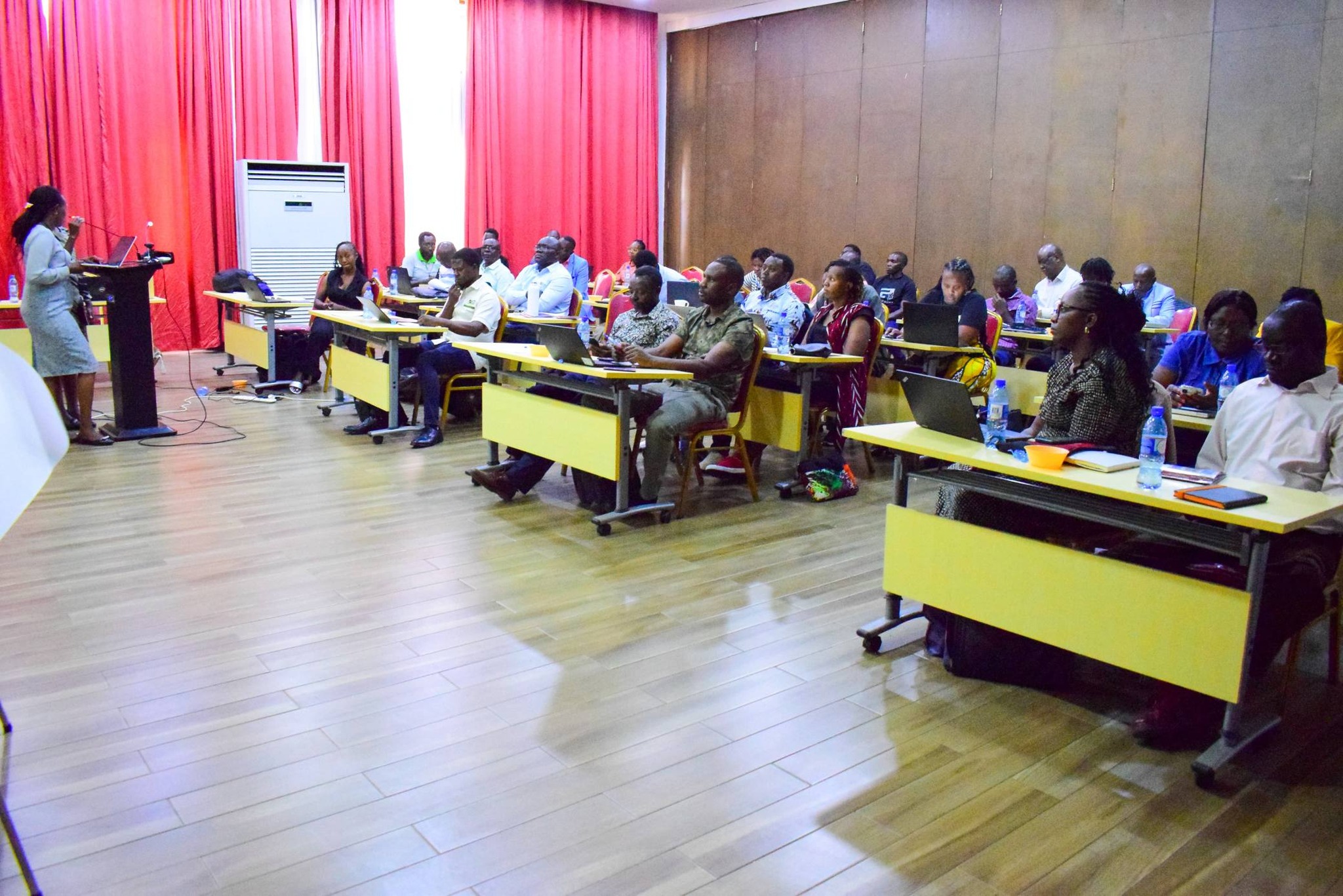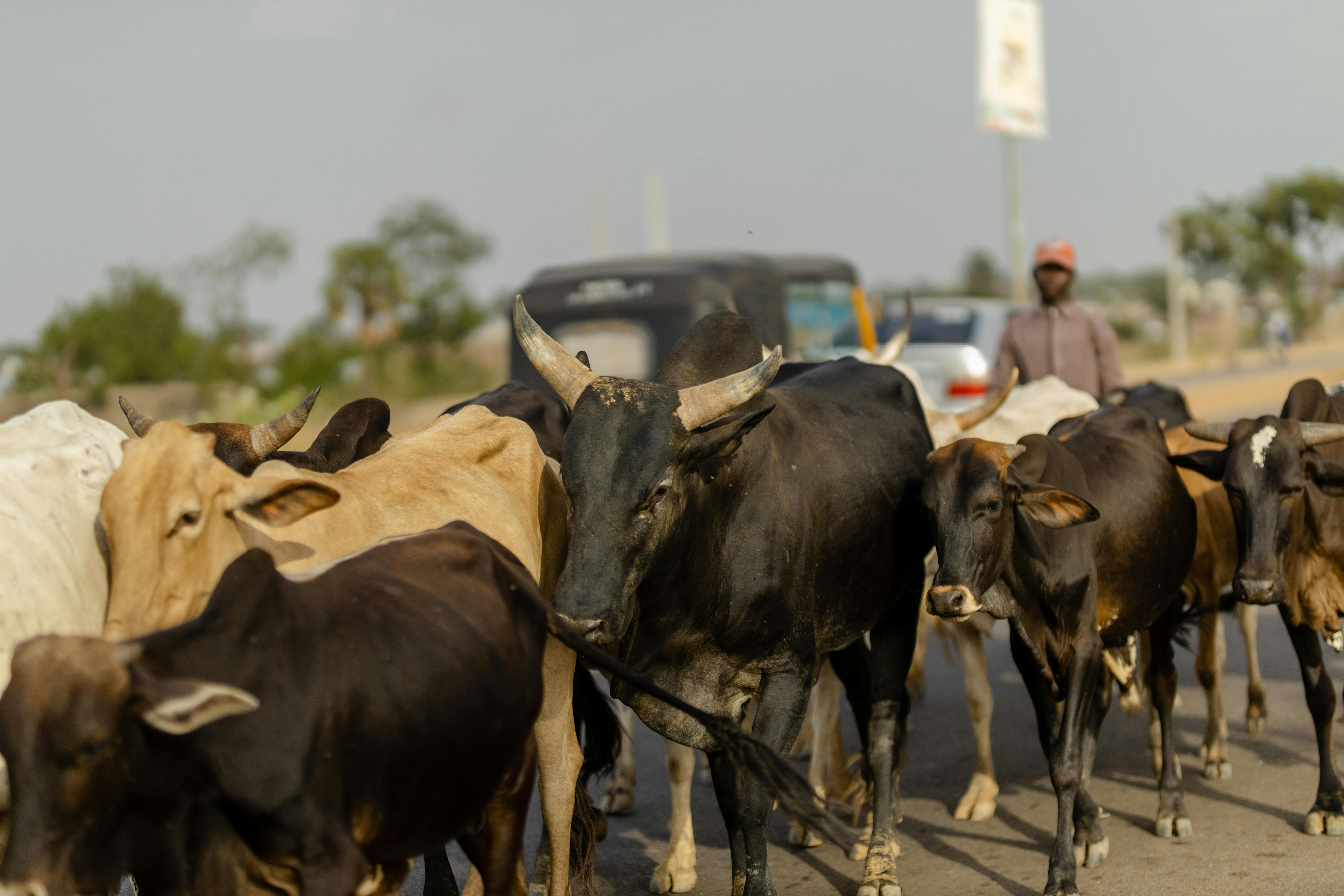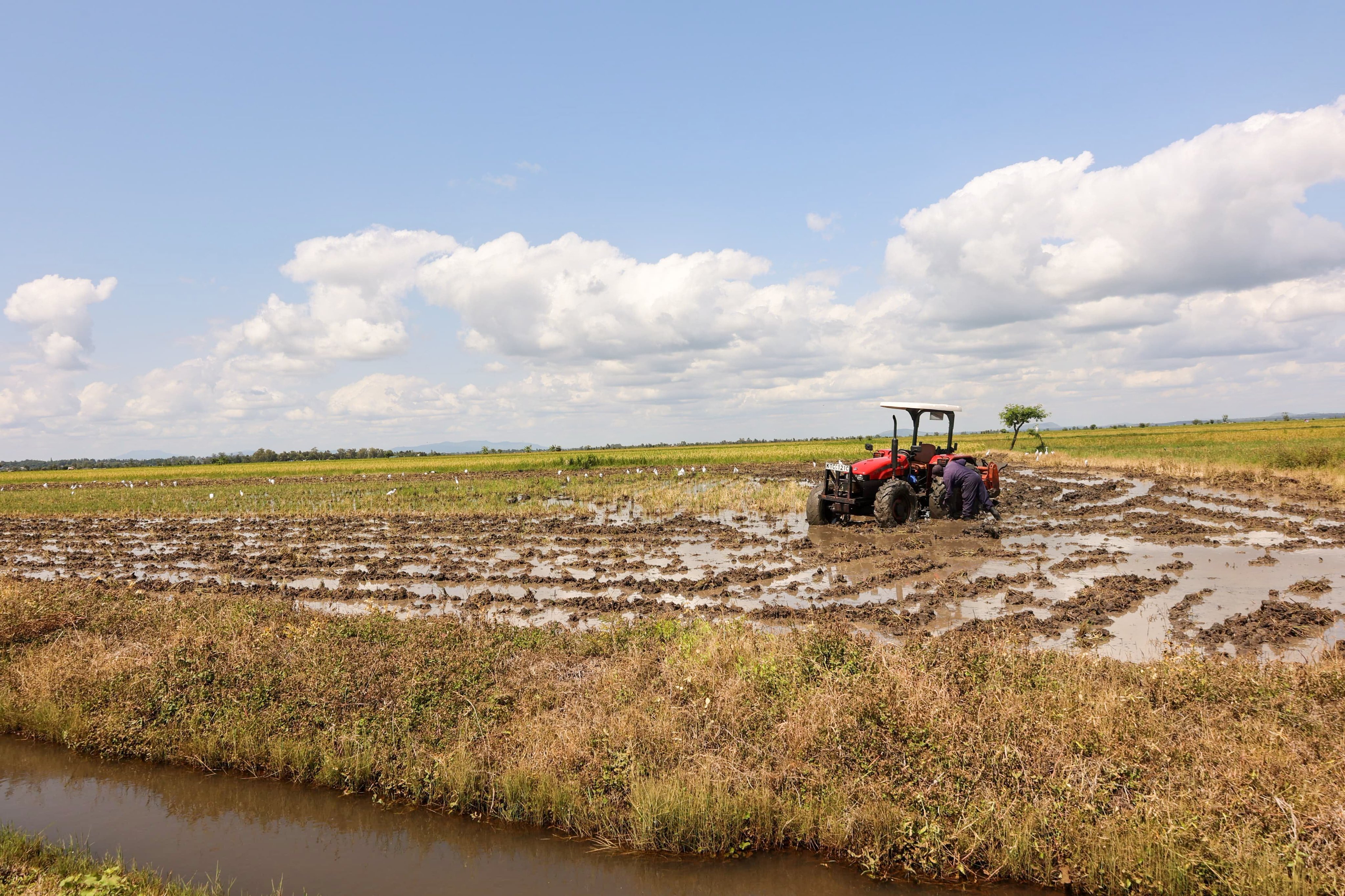Latest Stories
How Communities in Baringo Transform Conservation Into Solutions
29 Jan, 2026 12:19 PM
On October 16, 2025, the Kenya Forest Service (KFS), through the Green Zone initiative, celebrated a milestone: the graduation of a new cohort from the Sesya Forest Farmers Field School.
On October 16, 2025, the Kenya Forest Service (KFS), through the Green Zone initiative, celebrated a milestone: the graduation of a new cohort from the Sesya Forest Farmers Field School.
How Kenyan Farmers Boost Quality Yields with Solar Dryers
28 Jan, 2026 05:21 PM
Now, with modern dryers, farmers can preserve pyrethrin content, reduce losses, and focus on other activities—though market instability and environmental concerns still cast shadows over their gains
Now, with modern dryers, farmers can preserve pyrethrin content, reduce losses, and focus on other activities—though market instability and environmental concerns still cast shadows over their gains
Why we Should Worry about Disappearing Birds
27 Jan, 2026 04:19 PM
The 2025 National Wildlife Census reveals catastrophic declines in waterbird populations at Elementaita, Nakuru, Naivasha, and Mida Creek—underscoring the urgent need for stronger conservation measures. Yet in Turkana’s remote Lake Logipi, a spectacular c
The 2025 National Wildlife Census reveals catastrophic declines in waterbird populations at Elementaita, Nakuru, Naivasha, and Mida Creek—underscoring the urgent need for stronger conservation measures. Yet in Turkana’s remote Lake Logipi, a spectacular c
Clean Energy Day Proves Fossil Fuels Belong to the Past
26 Jan, 2026 04:32 PM
UN Secretary-General António Guterres declared that the world is entering a “clean energy age.” This evidence was clear as global renewable capacity surged past 4,400 gigawatts, solar power alone grew by more than 450 gigawatts, and, for the first time in
UN Secretary-General António Guterres declared that the world is entering a “clean energy age.” This evidence was clear as global renewable capacity surged past 4,400 gigawatts, solar power alone grew by more than 450 gigawatts, and, for the first time in
Nakuru County Moves to Make Gioto Safer Through Recycling
22 Jan, 2026 11:43 AM
Gioto has been Nakuru’s main dumpsite since 1972, covering about 50 hectares and receiving an estimated 250 tons of waste daily. Trucks and tractors offload garbage while families, especially women and children, scavenge for plastics, metals, and food scr
Gioto has been Nakuru’s main dumpsite since 1972, covering about 50 hectares and receiving an estimated 250 tons of waste daily. Trucks and tractors offload garbage while families, especially women and children, scavenge for plastics, metals, and food scr
Weather Update: Sunshine Meets Showers in Kenya This Week
21 Jan, 2026 11:22 AM
Temperatures stay on the warmer side in most low-lying areas. The Coast, North-eastern and North-western Kenya, and parts of the South-eastern lowlands can expect hot days, with temperatures rising above 30°C and in some places reaching 33°C to 36°C. Thes
Temperatures stay on the warmer side in most low-lying areas. The Coast, North-eastern and North-western Kenya, and parts of the South-eastern lowlands can expect hot days, with temperatures rising above 30°C and in some places reaching 33°C to 36°C. Thes
Nakuru County Steps Up Drainage Works Ahead of Rainy Season
19 Jan, 2026 03:09 PM
Working through the Department of Environment in collaboration with the Department of Infrastructure and the Kenya Urban Roads Authority (KURA), the County Government says county teams are desilting drains, clearing blocked channels, and carrying out rout
Working through the Department of Environment in collaboration with the Department of Infrastructure and the Kenya Urban Roads Authority (KURA), the County Government says county teams are desilting drains, clearing blocked channels, and carrying out rout
Nakuru Strengthens Sustainable Farming with Multi‑Stakeholder Forum
16 Jan, 2026 02:56 PM
Following the official launch of the Nakuru County Agroecology Policy on December 10, 2025, the county recently convened the Agroecology Multi‑Stakeholder Forum, marking a decisive step in turning policy into coordinated, inclusive, and impactful action.
Following the official launch of the Nakuru County Agroecology Policy on December 10, 2025, the county recently convened the Agroecology Multi‑Stakeholder Forum, marking a decisive step in turning policy into coordinated, inclusive, and impactful action.
Global Heat Surges as Weather Body Ranks 2025 Third Warmest Year
15 Jan, 2026 10:11 AM
Scientists emphasize that about 90% of excess heat from global warming is stored in the ocean, making ocean heat a critical indicator of climate change. The year before, 2024 set the all‑time record, with global temperatures averaging 1.55 °C above pre‑in
Scientists emphasize that about 90% of excess heat from global warming is stored in the ocean, making ocean heat a critical indicator of climate change. The year before, 2024 set the all‑time record, with global temperatures averaging 1.55 °C above pre‑in
Greenhouse Farming: How a Nakuru Farmer Turned Losses into Profitable Harvests
13 Jan, 2026 04:18 PM
Growing tomatoes outdoors demanded a lot of staking, but the sticks often rotted during rainy seasons. With no nearby bushes to source sticks, this became a major challenge. Sometimes entire rows were broken by wind, leaving fruits on the ground to rot. C
Growing tomatoes outdoors demanded a lot of staking, but the sticks often rotted during rainy seasons. With no nearby bushes to source sticks, this became a major challenge. Sometimes entire rows were broken by wind, leaving fruits on the ground to rot. C
Why 2026 is the International Year of Rangelands and Pastoralists
10 Jan, 2026 12:48 PM
The UN has declared 2026 as the International Year of Rangelands and Pastoralists (IYRP), a global call to protect some of the world’s largest and most important ecosystems.
The UN has declared 2026 as the International Year of Rangelands and Pastoralists (IYRP), a global call to protect some of the world’s largest and most important ecosystems.
Ministry Says Erratic Rains, Rice Shortages Threaten Food Security
09 Jan, 2026 06:30 PM
The Ministry of Agriculture and Livestock Development warns that erratic rainfall and falling domestic output are already fuelling volatility, threatening a broader wave of food inflation that could hit maize and other essentials.
The Ministry of Agriculture and Livestock Development warns that erratic rainfall and falling domestic output are already fuelling volatility, threatening a broader wave of food inflation that could hit maize and other essentials.

-1769677767.jpg)
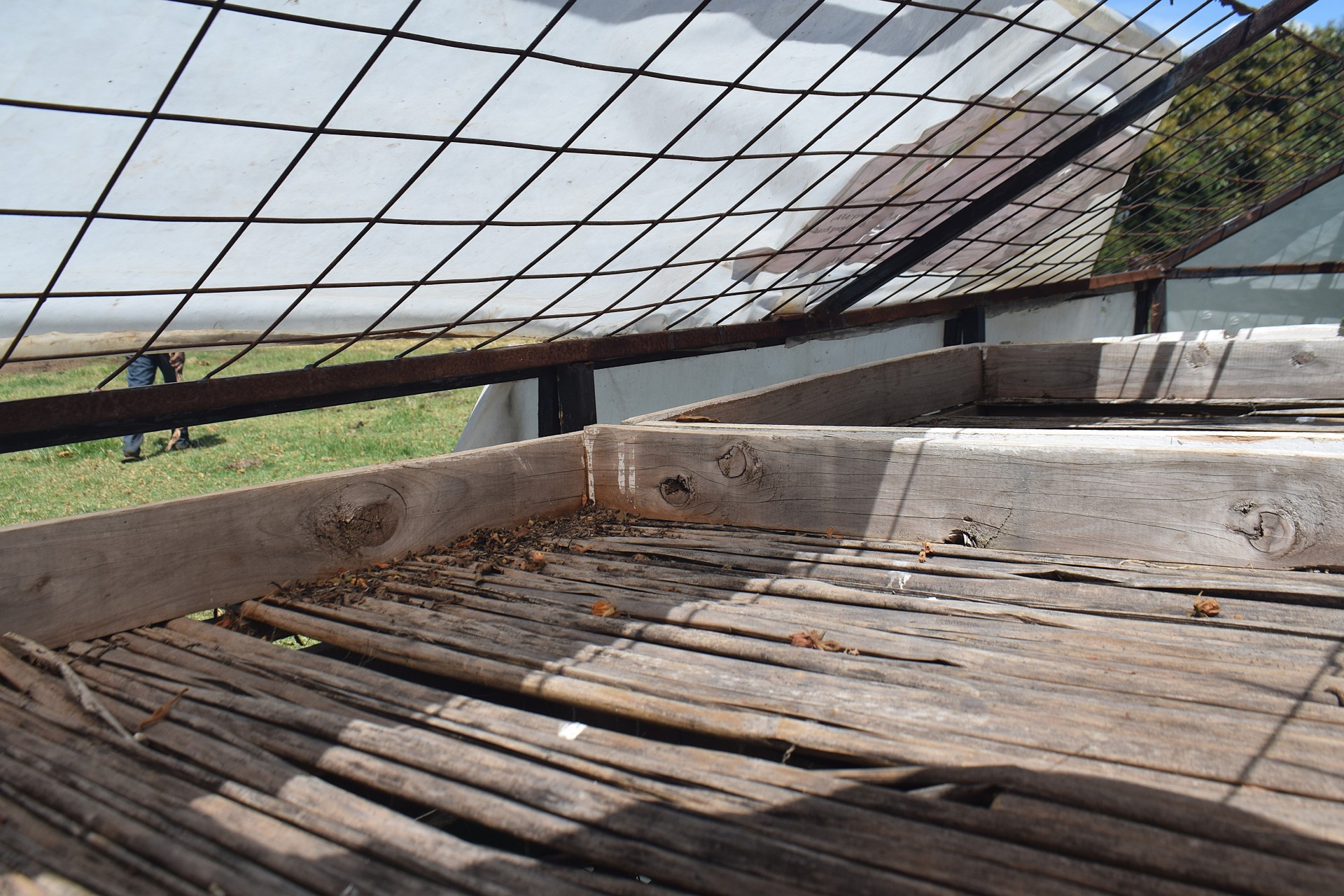

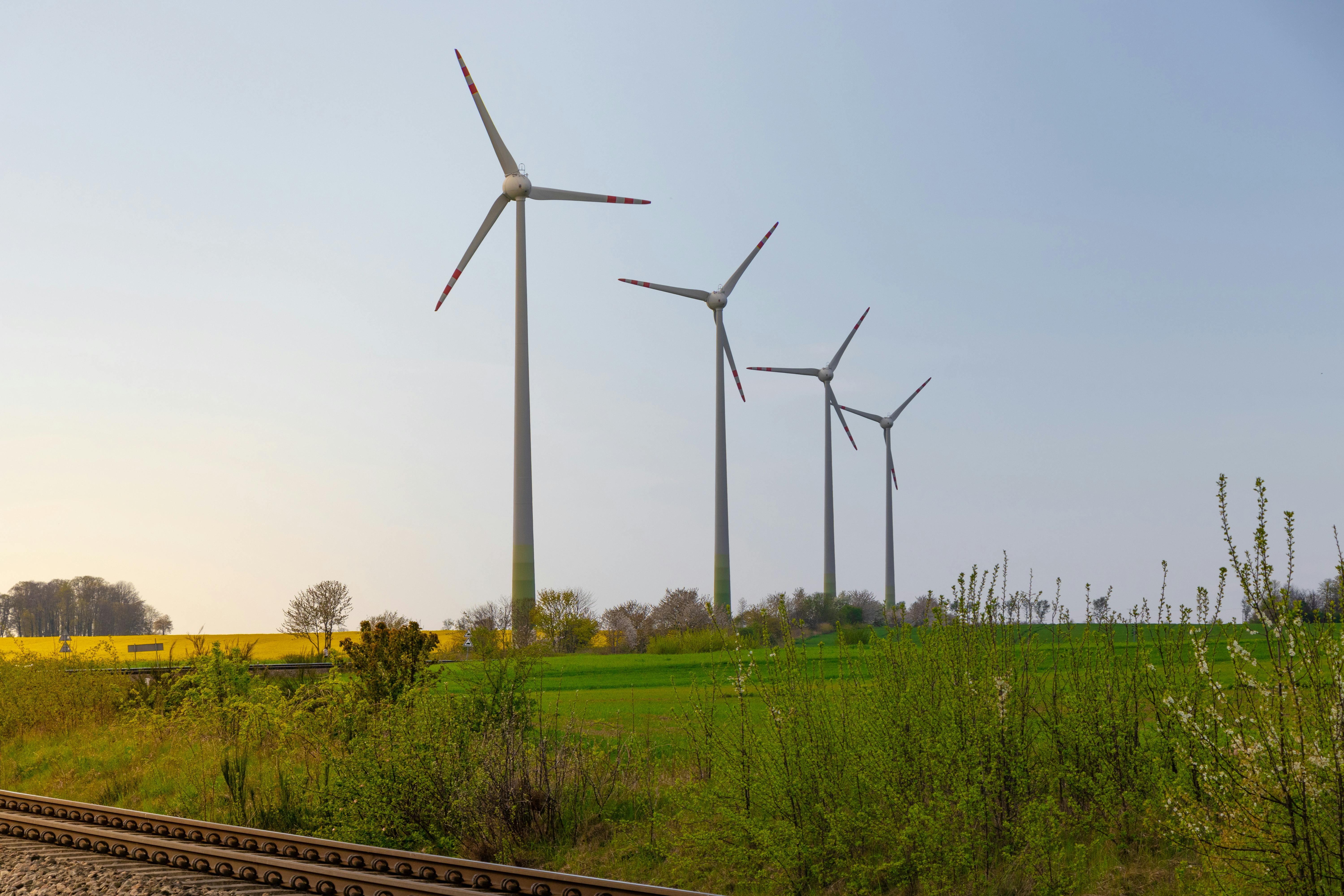
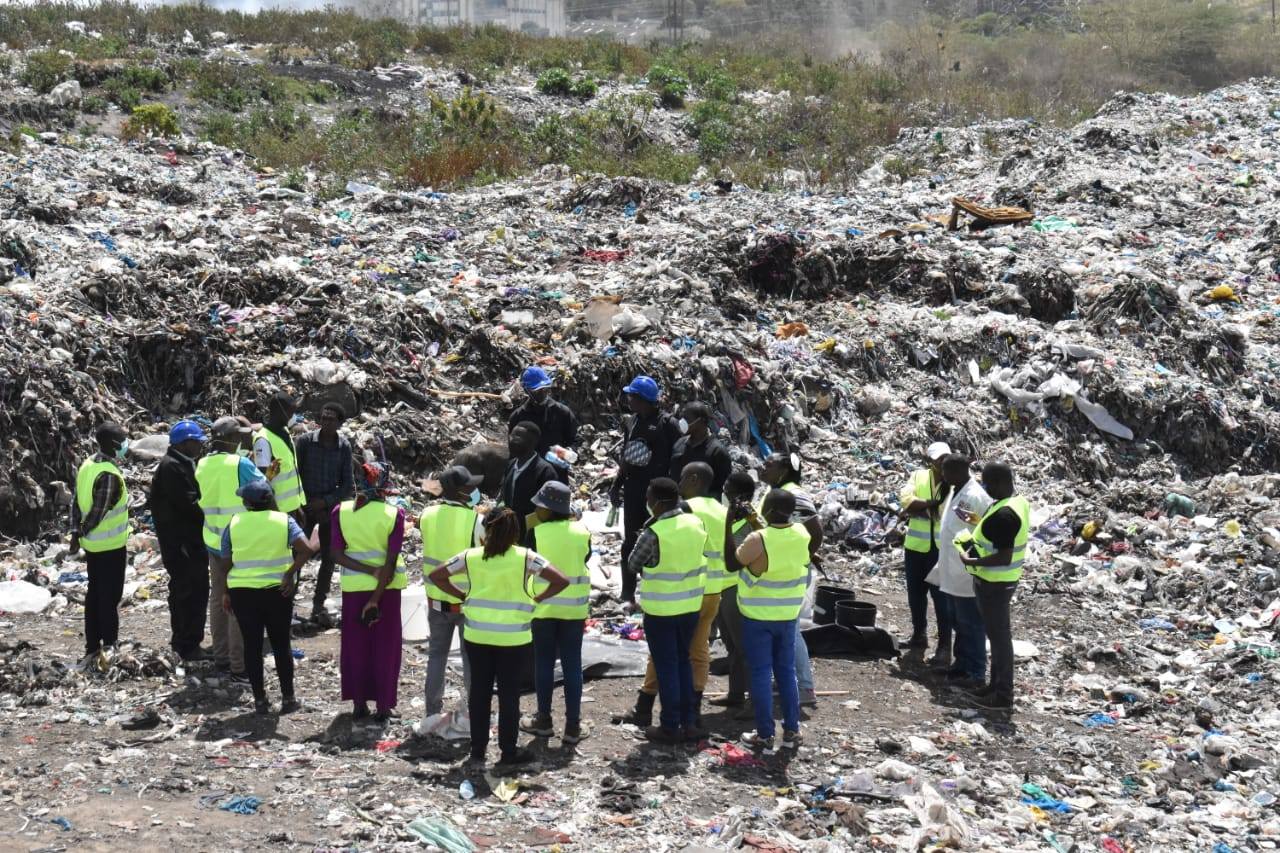
-1768983522.png)
-1768824505.jpg)
